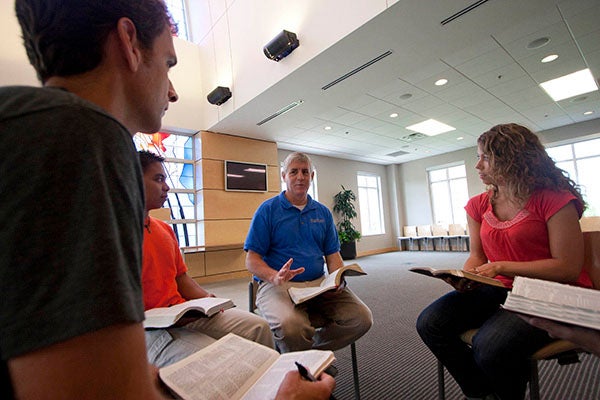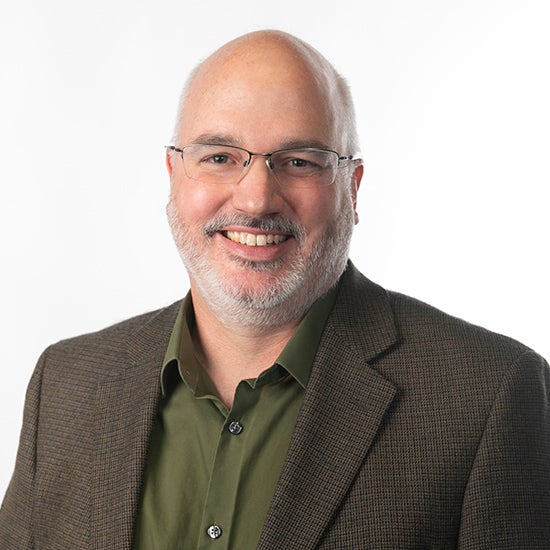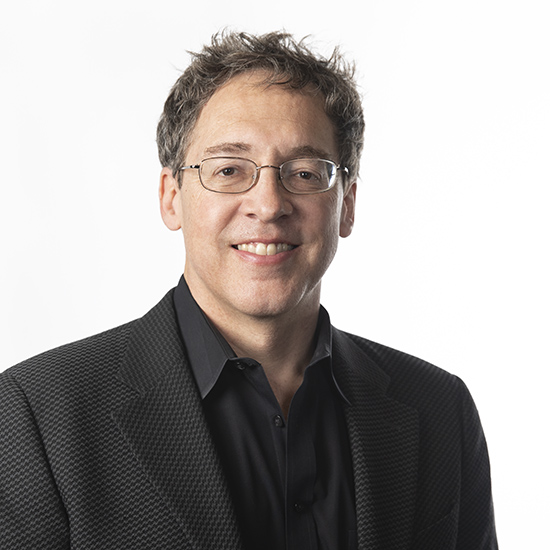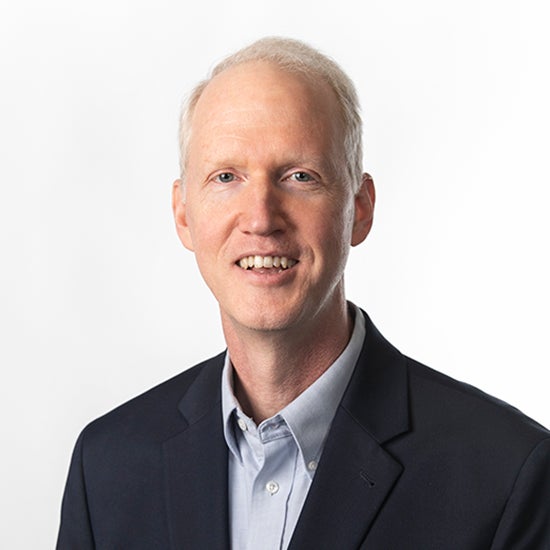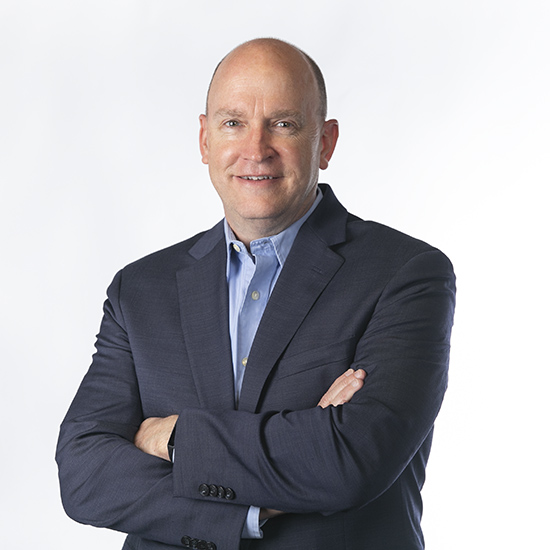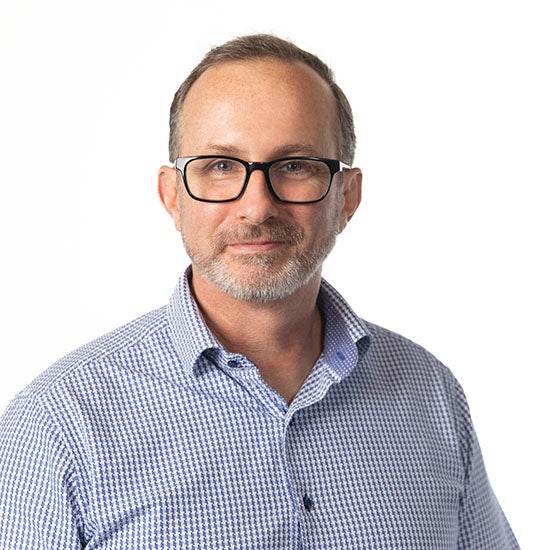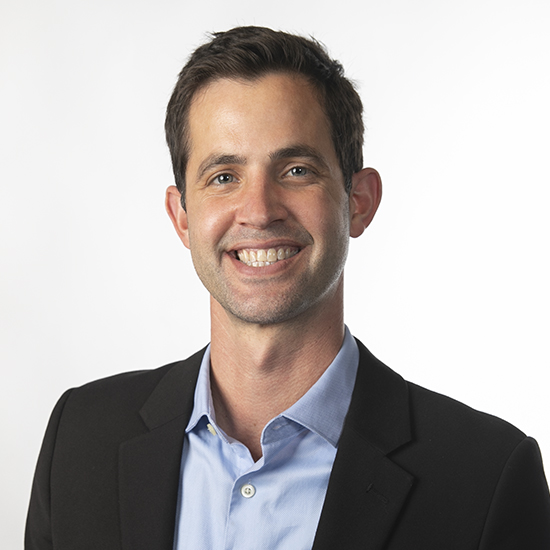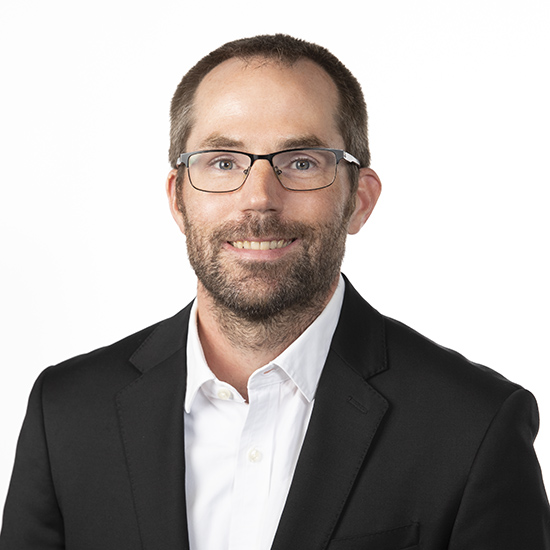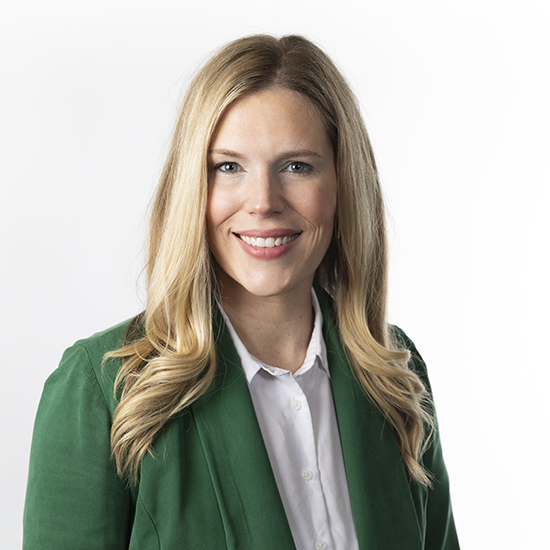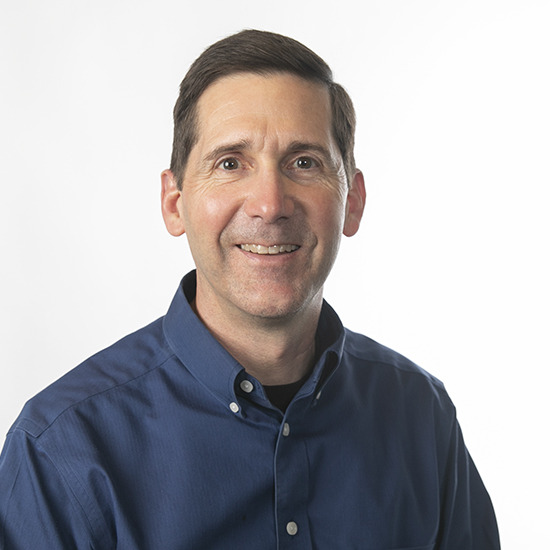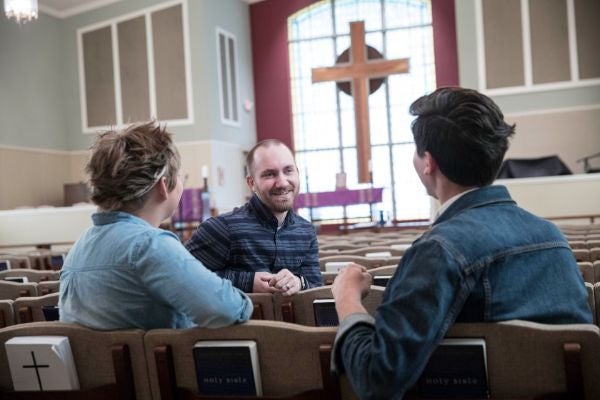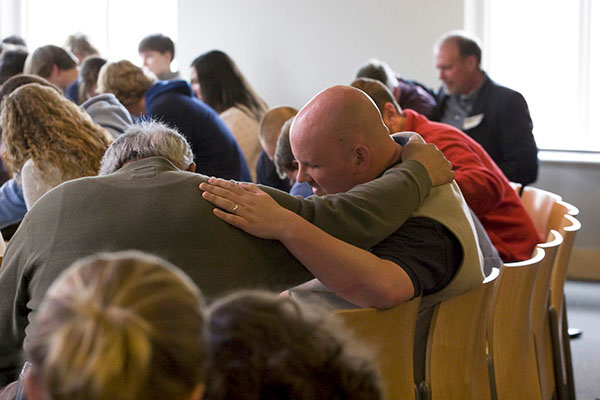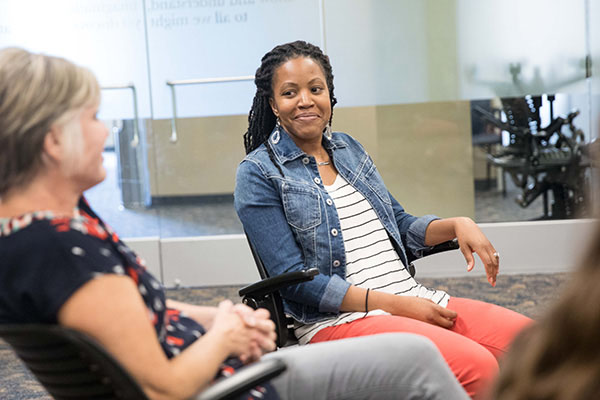Program Overview
The Master of Theological Studies provides excellent flexibility and depth of studies according to your interests. Focusing on the disciplines of Scripture, Biblical languages, history and theology, students often choose this degree to experience personal theological development. Since the curriculum restricts the amount of specific coursework in pastoral skills, more room is available for greater engagements in the classic disciplines. The degree can also be used as a foundation to broaden your theological and historical knowledge of the Christian tradition for further academic studies.
Our Master of Theological Studies is very flexible — you'll be able to customize 21 hours of your training. Start by choosing a concentration in Scripture, Old Testament, New Testament or theology and history. Select the format that's most convenient for you with the option of online studies or hybrid classes at our location in Nashville, Tennessee.
Admissions Requirements
- Application with $50 nonrefundable application fee
- Three letters of recommendation: one from a university administrator or professor (we do accept an additional professional or ministry recommendation in lieu of academic recommendations), one from a professional supervisor/employer and one from a church leader or minister
- Official transcripts emailed to gradadmissions [at] lipscomb.edu (gradadmissions[at]lipscomb[dot]edu) or mailed to Graduate Admissions (One University Park Dr., Nashville, TN 37204)
- Bachelor's degree
- Undergraduate or graduate GPA of at least 2.75
- 750-1,000-word essay discussing the applicant's religious heritage, career goals and how Hazelip School of Theology might contribute to the achievement of those pursuits
Priority deadline for Spring 2025 is November 1, 2024. Priority deadline for Fall 2025 is July 1, 2025.
Graduate credit hours may be transferred from another ATS-accredited institution. A maximum of 12 hours will be counted toward the M.A.C.M., a maximum of 21 hours towards the M.T.S., and a maximum of 48 hours for the M.Div. degree. The director or appropriate faculty member of the graduate program will evaluate the course(s) being proposed for transfer and make a determination of suitability. No course with a grade below a “B” will be considered for transfer. No more than half of a student’s hours from a completed degree may be transferred. For transfer credit questions from non-ATS accredited institutions, please contact the director of the Hazelip School of Theology for more information.
International Students
International students are required to be proficient in written and oral English before enrolling. A score on the Test of English as a Foreign Language (TOEFL) of approximately 570 on the paper-based test, or 80 on the iBT, or an IELTS exam with an overall band score of 6.5 is the minimum accepted for admittance. For more information, see International Students admissions policy.
Courses
Our Master of Theological Studies degree can be completed 100% online to provide the access and flexibility to complete your graduate studies. Most online courses will be asynchronous. However, our biblical languages courses are synchronous, online to ensure the utmost interaction with the ancient languages.
If you do choose to engage with any in-person courses, they have two modalities. Some courses meet over weekend intensives (Friday-Saturday) approximately 2-3 weekends a semester. Alternatively, classes gather for a 2-day intensive with occasional, synchronous, online meetings throughout the semester.
Tuition & Aid
At Lipscomb University, we strive to make education affordable. Tuition is currently $540* per credit hour, however, all students in the Hazelip School of Theology receive a 25% discount, which brings the cost per credit hour to $405 per credit hour. Additional scholarship may be awarded to students who submit applications before each term's priority deadline. Lipscomb also offers interest-free monthly payment plans depending on the length of each semester.
*Note: The graduate tuition rates may increase annually, effective each summer semester.
Our Faculty
Career Paths
Clergy
Conduct religious worship and perform other spiritual functions associated with beliefs and practices of religious faith or denomination. Provide spiritual and moral guidance and assistance to members.
Postsecondary Teachers
Postsecondary teachers instruct students in a wide variety of academic and technical subjects beyond the high school level. They may also conduct research and publish scholarly papers and books.
Directors, religious activities and education
Plan, direct, or coordinate programs designed to promote the religious education or activities of a denominational group. May provide counseling and guidance relative to marital, health, financial, and religious problems.
